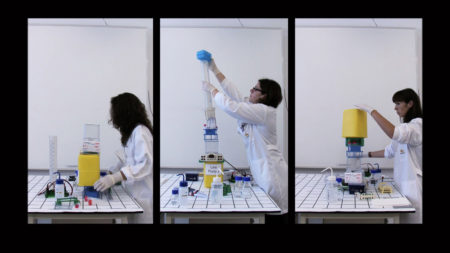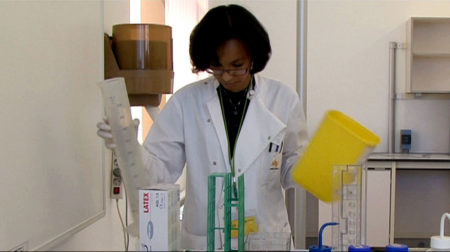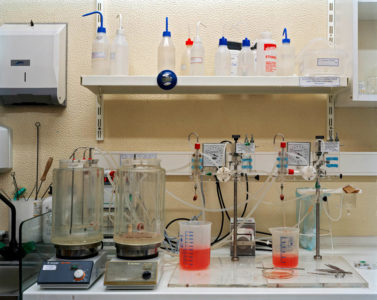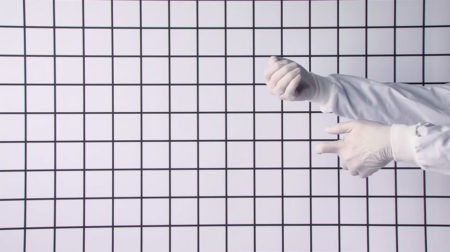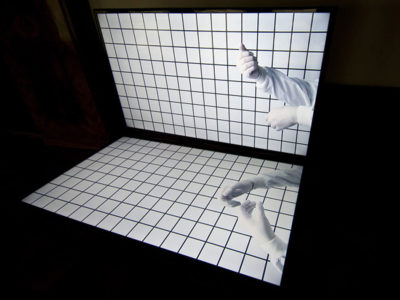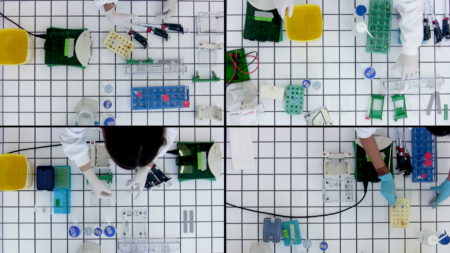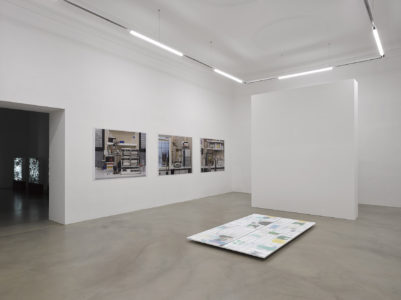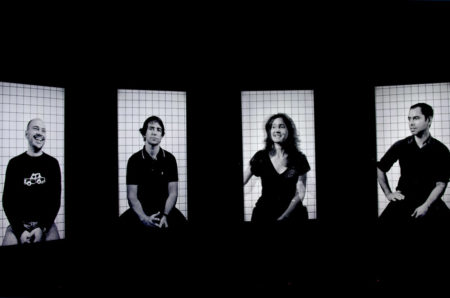Workshop VII, Herwig Turk, 9 July 2020
In his second workshop, Herwig Turk presents several of his art projects dealing with laboratory research to our project partners at the Department Petroleum Engineering at Montanuniversität Leoben. These projects can open up creative and playful possibilities of using the lab equipment at Leoben for us.
Herwig presents the works hands on (2014), labscapes (2007), and tacit knowledge experiment 1 & 2 (2011). He then talks about value/order (2011). For this work, he asked scientists to order objects according to their value, encouraging them to think about different forms of value: monetary, sentimental, scientific, and so on. The scientists’ systems of order were very different.
Lastly, Herwig presented the conversation that never took place (2013). In this work, he asked four biomedical researchers to talk about topics that eluded scientific answers, such as mortality. The video makes the four scientists look as if they are together in the same room. The scientists were surprised to find themselves in a situation in which they were speculating about life.
Holger Ott asks Herwig why he tries to show the individual views and personalities of scientists and how audiences, both expert and non-expert, responded to the work. Herwig answers that he is interested in ambiguity and in revealing personal aspects of scientists that we do not normally get the chance to engage with. The underlying question of this approach is: ‘How do we arrive at an established discourse?’ The audience, both expert and non, tend to connect with this personal approach.
Following Herwig’s description in his discussion of labscapes (2007), that the fruit fly creates the aesthetics of the lab, Alejandra Rodríguez-Remedi asks to what extent oil creates the aesthetics of the Leoben lab? Pit Arnold answers that every day is different, but he can see the aesthetic side of the rock and the fluid that takes place within it. Alejandra also asks what the Leoben team participants’ favourite lab objects are. Pit’s is rock, because it is hands-on; Karez can only think of a concept (rather than an object): ‘pressure’, which directly affects our lab equipment; thinking of reservoirs and drilling, for example.
Ernst Logar then asks Karez if she sees a difference between Austria’s understanding of oil and Iraq’s. Karez answers that she has realised that for Austrians oil equals energy to fuel their cars, for example. But in Iraq, oil means ‘contribution to the economy,’ ‘government,’ ‘politics,’ ‘conflict’.
laboratory I Leoben I science I
speculation I discourse I aesthetics
